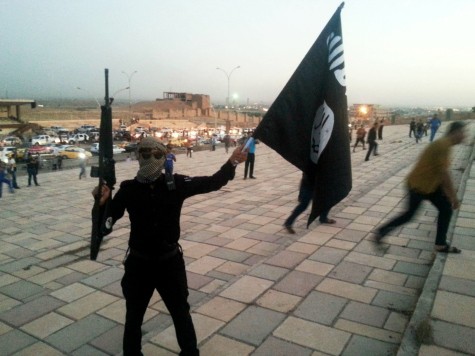Abu al-Mutasim, 18, from a Syrian border town in the province of Deir Ezzor, joined the rebellion against the regime of President Bashar al-Assad in early 2012. He left his family home in Bahrain, where his parents worked, and fought for the Free Syrian Army for a few months before joining the hardline group Ahrar al-Sham. Around the end of the year, disillusioned, he went to visit his family. His parents banned him from travelling back to Syria. But last summer he returned to join the Islamic State in Iraq and Syria (Isis), now renamed the Islamic State.
I asked him what he would do if his father were a member of Jabhat al-Nusra, al-Qaida’s official franchise in Syria, and the two met in a battle. “I would kill him,” he replied firmly. “Abu Ubaida [a prophet’s companion] killed his father in battle.” What drives people such as al-Mutasim? I faced this question directly recently, as I saw Deir Ezzor, the province where I too come from, overrun by Isis, and as the group carried out some of the Syrian conflict’s grisliest atrocities.
Isis, a Salafi jihadist force, evolved out of a group founded by Abu Musab al-Zarqawi, a Jordanian militant who moved to Iraq after the US invasion of Afghanistan in 2002. He later launched al-Qaida in Iraq, responsible for the bombing of the Askari mosque in Samarra that triggered Iraq’s 2006-07 civil war. Renamed the Islamic State in Iraq after its leader was killed in a US raid in 2006, it was weakened in 2007 after US forces aligned with Sunni Iraqi tribes to fight the group.
The Syrian conflict revived Isis, which provided support to one of its members, Abu Mohammed al-Jaulani, to form a group in Syria after the 2011 uprising. In April 2013 the group’s current leader, Abu Bakr al-Baghdadi, announced a merger between his group and Jabhat al-Nusra, under the name of Islamic State in Iraq and Syria. The merger was rejected by Jabhat al-Nusra and most of its foreign jihadists then defected to Isis. Since then Isis has been at war with Syrian rebels to impose itself as a state that accepts no other group acting in rebel-held areas unless they pledge allegiance to it. On 29 June, on the first day of Ramadan, Isis announced that al-Baghdadi was “elected” by the Shura Council as a caliph for all Muslims, and changed its name to the Islamic State.

COMMENTS
Please let us know if you're having issues with commenting.